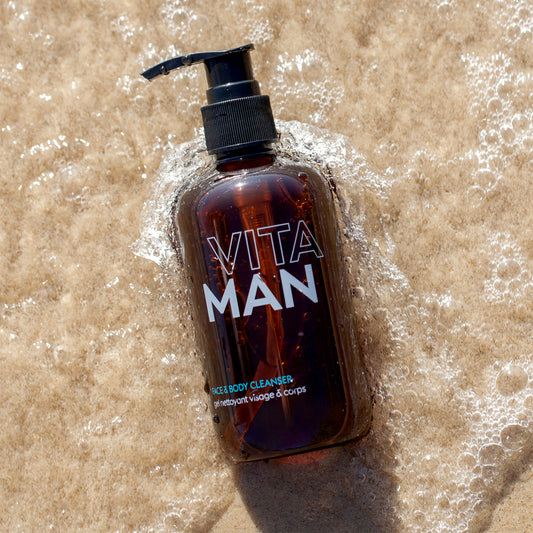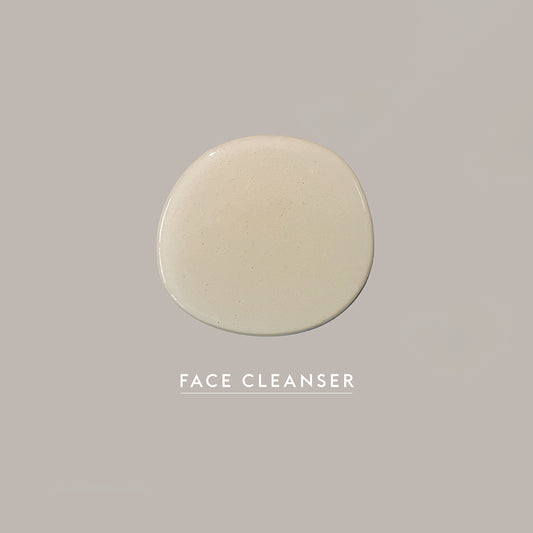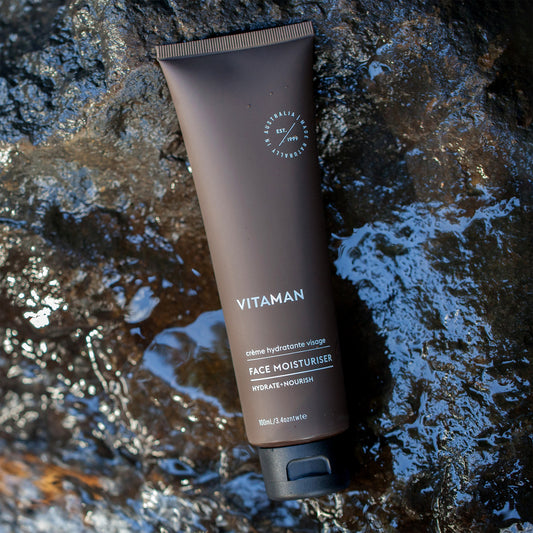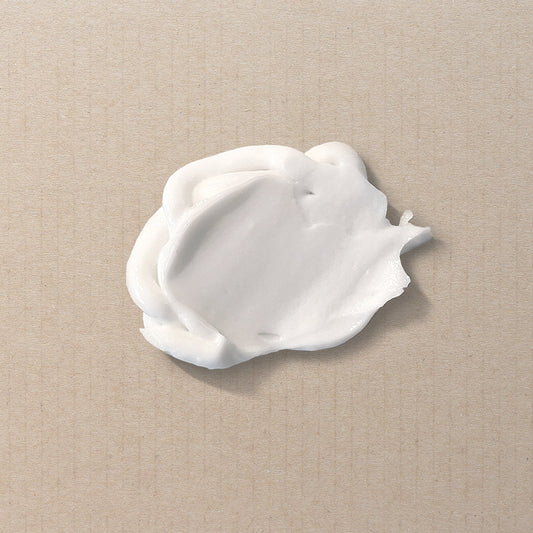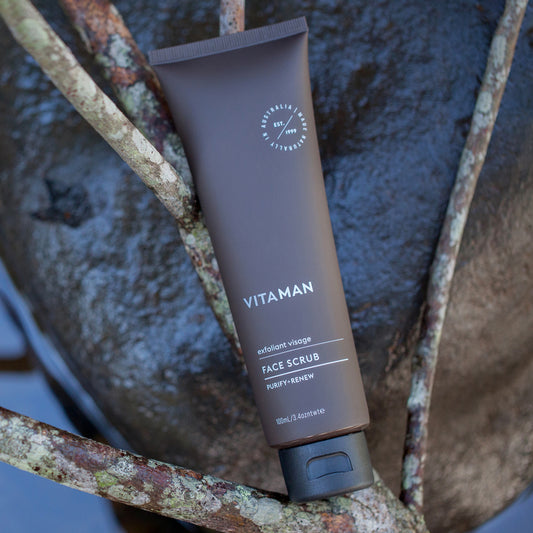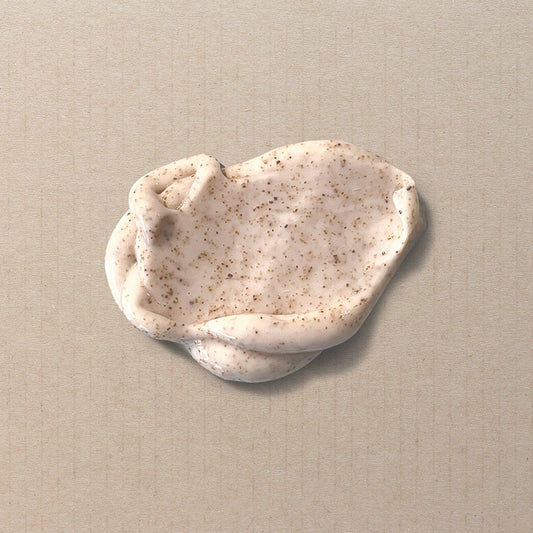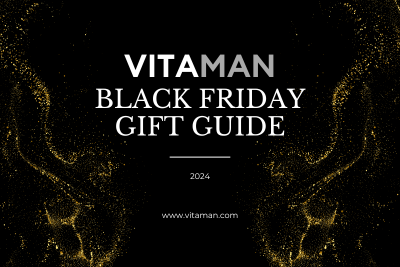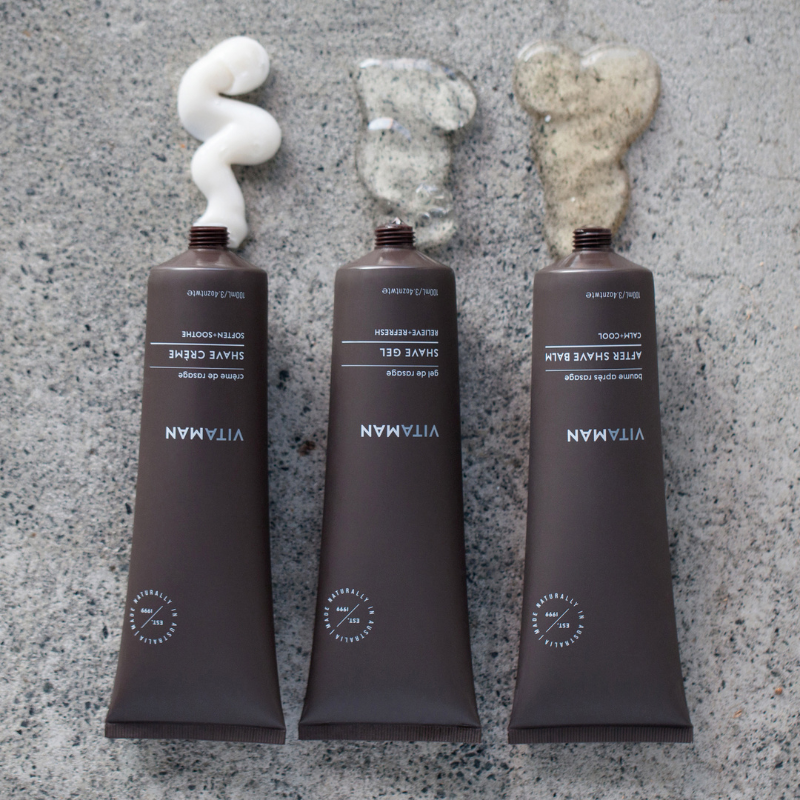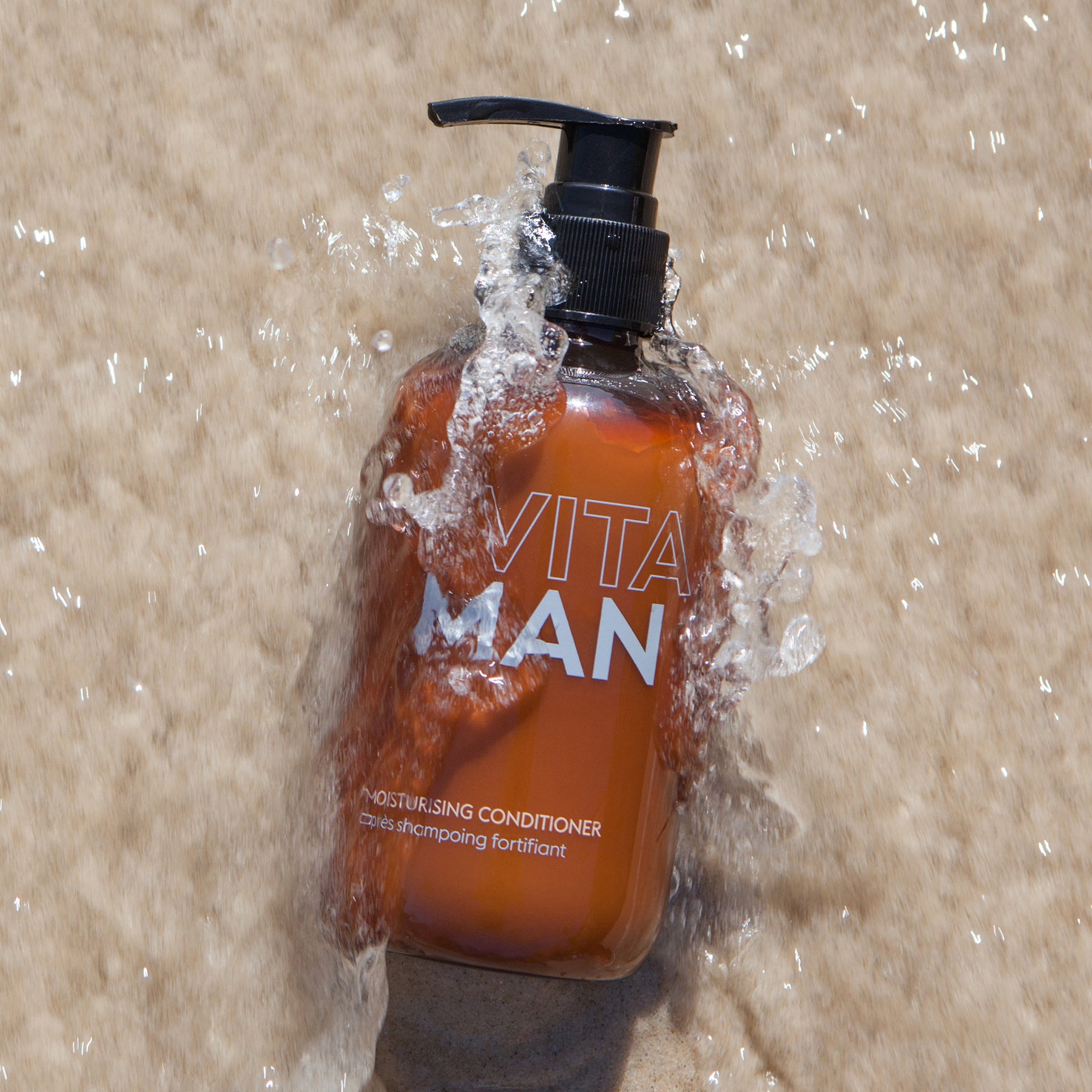I'll admit it. I didn't know much about men's hair conditioners.
Like many men, I just used shampoo. If I had a hair conditioner, it was bought by accident rather than out of necessity.
I used conditioner sporadically, and I never saw much difference afterward.
But then again, I didn't know what I was looking for, nor did I pay much attention.
I'm spending a lot of time researching men's grooming products, and I'm learning more every day.
This blog will explain what men's hair conditioner is and why it should form part of your grooming routine.
I'll also explain which hair conditioner is right for your hair type.
Let's start from the top.

What is a hair conditioner?
Shampooing can strip your hair of its natural oils, which leaves it dry. A hair conditioner replenishes your hair's moisture after shampooing.
It also reduces friction between the strands of hair, making it easier to comb, brush, or style.
Men's hair conditioners - a brief history
Hair conditioner for men is not a new invention.
Victorian men used an oil called Macassar oil to condition their hair. This Macassar oil comes from a combination of natural oils, such as coconut and palm oil. Alexander Rowland, a celebrated London Barber - who trademarked it in 1888, made it as famous as it is now.
The man below (looking very pleased with himself) is using Macassar oil.
There was a problem, though. This oil was very well, oily.
And when the well-groomed gentleman sat down, he inevitably transferred this oil from the back of his head to his seat's upholstery.
The solution? The 'antimacassar' - a small piece of cloth that goes over the chair's back to protect it.
A French Businessman and Perfumer Édouard Pinaud invited a less oily solution in the early 1900s. His product softened men's hair and gave it a nice shine.
Since then, hair conditioners have improved significantly and now use less oil and grease - bad news for anyone in the 'antimacassar' business.
Why use hair conditioners?
As I touched upon earlier, shampooing cleans your hair and strips it of its natural oils, leaving it feeling dry and rough. It becomes even more noticeable when you try to style your hair and find it won't sit in the way you want it.
I came across a Men's Health article, which describes it perfectly. "Each hair is covered in tiny cells which look a bit like fish scales. Damage causes these to stand out, making the hair look dull, rough, and out of condition. Conditioners work by smoothing down these scales, so your hair looks smooth and shiny again."
But it's not all about looks. It is conditioning your hair locks in nutrients and moisture, strengthening the hair shaft, preventing breakage. It means fewer split ends, healthier hair, and it can even prevent hair loss.
For how long do you leave them in?
That depends on the hair conditioner. There are three options:
- Rinse out hair conditioner (rinse out after 2-3 minutes): you're probably familiar with this one because you can find it in most stores. Rinse out hair conditioners have a creamy texture. You apply it after shampooing, leave it for a few minutes, then rinse out.
- Leave in hair conditioner (do not rinse out - leave-in hair): as the name suggests, you should leave leave-in hair conditioners in the hair after shampooing. They're lighter than rinse-out hair conditioners and act as a moisturizer, protecting your hair from drying out.
- Deep Treatment / Repair hair conditioner (leave-in hair for 20-30 minutes): This conditioner is thick and creamy and designed to be left in the hair for 20-30 minutes before washing it out. It works by penetrating weak or brittle hair to repair and rejuvenate it.
Which hair conditioner is best for you?
The hair conditioner you choose depends on your hair type.
- If you have fine hair, you should seek a volumizing hair conditioner. Volumizing hair conditioners work by coating each hair shaft, "pumping it up," and giving the appearance of thicker hair. For the best results, pair with a men's volumizing shampoo.
- If you have dry hair, use a moisturizing conditioner that nourishes your hair with moisturizing ingredients. Pair with a moisturizing shampoo for the best results.
- If you have oily hair, use an oil control conditioner with ingredients like menthol or tea tree oil (these natural ingredients remove oil without damaging your scalp). For the best results, pair with an oil control shampoo).
Summary
I've been trying it for a week now, and my view is that - yes, you should definitely give hair conditioners a try. My hair feels healthier, softer, and easier to style.
I'm using VITAMAN's Oil Control Conditioner, which has a cooling "menthol" effect. It smells great. It also has all but eradicated the dry and flaky scalp I had.





